IMF Scrutinizes Kenya's Finances Before Sh77 Billion Bailout Decision
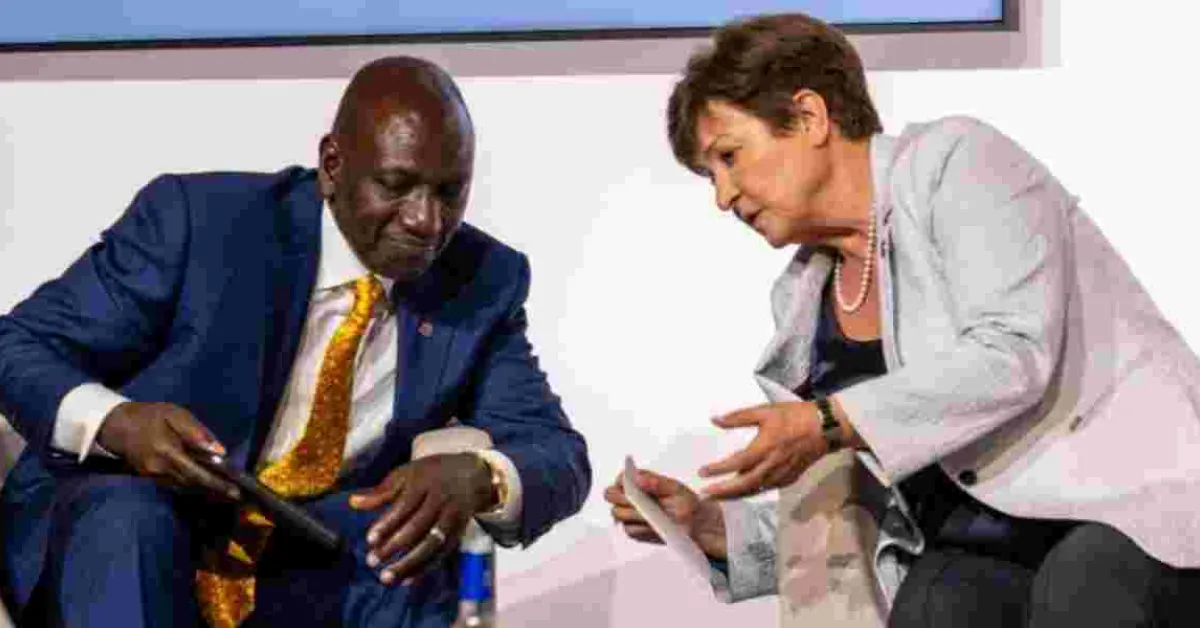
International Monetary Fund (IMF) delegation has arrived in Nairobi to assess the country's financial health and its capacity to repay its growing debt.
This evaluation follows a court ruling that overturned planned tax measures and the subsequent expansion of the budget deficit to 4.3 per cent of GDP by President William Ruto's government. The recent reversal of contentious tax proposals, prompted by widespread protests that resulted in over 60 fatalities, has created a significant budgetary shortfall. This development has cast doubt on Kenya's ability to meet the conditions tied to its $3.6 billion IMF financing program. Treasury projections indicate a revenue deficit of 214 billion Kenyan shillings following the invalidation of taxes, including the doubling of VAT on fuel. Consequently, the Ruto administration has been forced to widen its fiscal deficit by 28 per cent, derailing earlier plans.
The IMF's review is crucial for unlocking an additional $600 million in funding, which the Kenyan government is relying on to stabilize the economy. However, the fund's decision will hinge on its assessment of the impact of the scrapped tax measures and the government's revised fiscal outlook. Kenya, long considered one of Africa's economic powerhouses, now faces significant external and internal financial pressures. With public debt at unsustainable levels and three major credit-rating agencies downgrading Kenya's debt status deeper into junk territory, the country's economic stability is under scrutiny.
The IMF is particularly concerned about Kenya's rising debt vulnerability, which has reached critical levels. Reducing the accumulation of new debt remains a top priority for the ongoing program. The current economic evaluation focuses not only on immediate fiscal challenges but also on ensuring long-term debt sustainability. The government's decision to backtrack on tax reforms intended to raise $2.7 billion has further strained its finances. Kenya's economic performance in 2023 showed resilience despite these challenges. The Kenya Economic Update projects an average GDP growth of 5.2 per cent during 2024-26, supported by favourable weather conditions for agriculture, industrial recovery, and the resilience of the services sector.
However, the IMF has mandated that Kenya further reduce its fiscal deficit to below 4.1 per cent of GDP in the FY2023/24 budget. The IMF's review will also consider Kenya's efforts to enhance productivity for sustained inclusive growth. The Kenya Economic Report 2024 underscores the importance of policy decisions that accelerate economic activity to achieve development goals. This includes focusing on key sectors such as manufacturing, agriculture, and the informal sector, as well as enhancing productivity through trade, skills development, and strategic partnerships.
Looking ahead, Kenya's economic outlook for 2024 remains cautiously optimistic. The African Development Bank projects GDP growth of 5.4 percent in 2024 and 5.6 percent in 2025, driven by services and household consumption. Inflation is expected to decrease to 6.2 percent in 2024 and 5.5 percent in 2025, as both food and global inflation decline. Monetary policy is anticipated to be accommodative due to projected stable inflation and exchange rates.

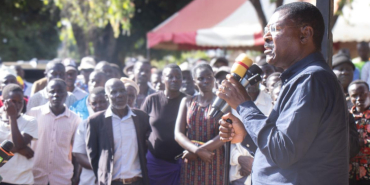

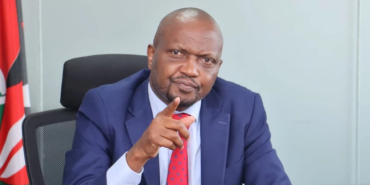
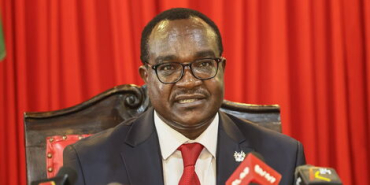
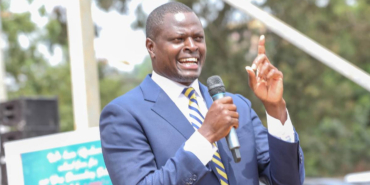
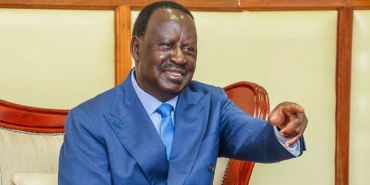

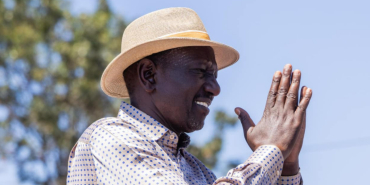
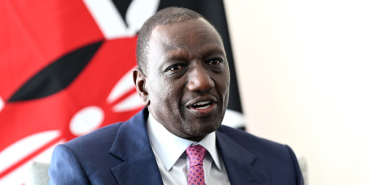



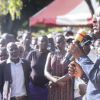
Comments
What are they scrutinizing?…
Permalink
What are they scrutinizing?
Ruto is a thief.
Collusion.
Tell Ruto and his minions to…
Permalink
Tell Ruto and his minions to quit wearing designer wear and driving high end cars not to forget those trips they take to Dubai and all over the place accompanied by their spouses kids and side dishes who shop like it is the end of the world all this on the tax payers dime.It matters not how much debt the country is carrying even the little they are given they will steal it because that is just the way they are.Mtoto wa nyoka ni nyoka .
IMF and World Bank have…
Permalink
IMF and World Bank have never supported development of the so called Third World Countries(TWC). It is business as usual for the duo, and will still offer whatever these thieves want, as long as interest is earned. The only time this was done differently was in the 90s when the two wanted the so called TWCs to do some funny structural adjustments in order to qualify for funding. When leaders like the late dictator Moi refused to do so, that's when they refused to advance the much needed funds in those times.
But despot Moi said to the institutions, "go to hell"..still Kenya pulled through despite very very tough economic times that ensued...
Why is IMF as a bank worried…
Permalink
Why is IMF as a bank worried about development in Kenya.
For a normal transaction or a normal relationship with any business, if you can't pay, no more loans. No more deals. You don't think about your clients development. You just wait to be repaid what you are owed.
A bank does not attempt to manage a clients affairs.
What is the collateral for these loans?
Is it slave labor?
Are there details about these loans that Kenyans who are expected to pay don't know?
Kenya does not need any development until it pays off what it owes.
It just need to be left alone, to find ways of paying those loans.
I M F should just look for another client elsewhere who can pay.
Add new comment